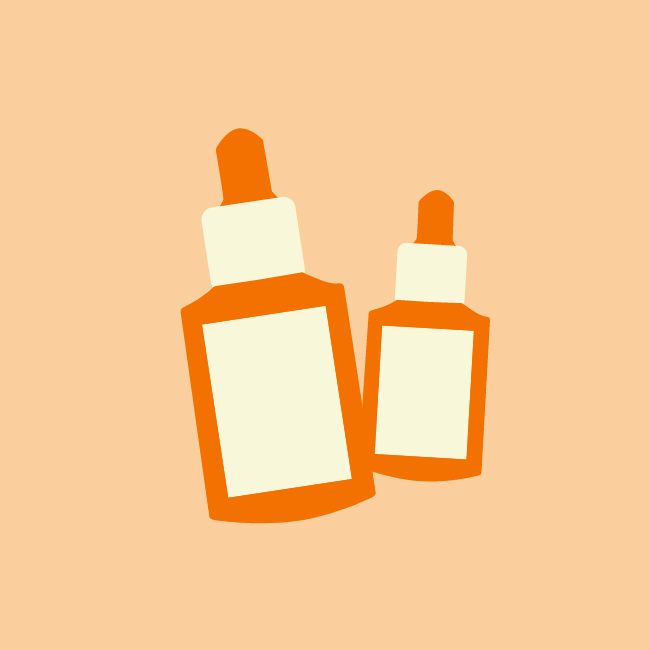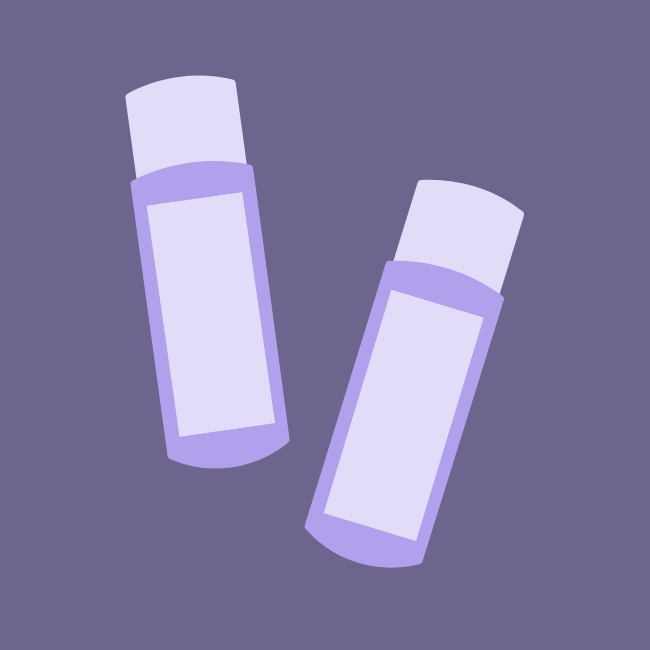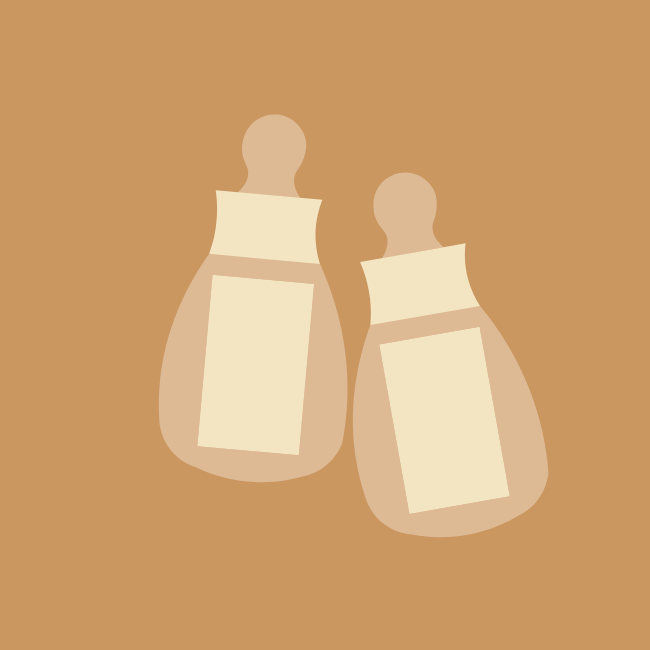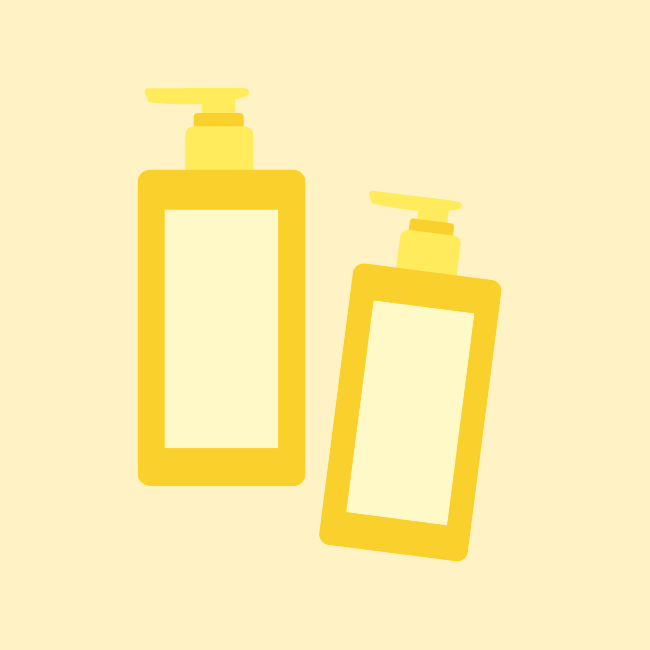When should you use anti-aging products?

Everyone ages differently. Skin aging, on the other hand, typically involves the development of fine lines and wrinkles. Aside from that, it also includes loss of elasticity, rough texture, and discoloration. As we grow older, collagen and elastin break down in the skin. This causes it to become looser and more prone to wrinkling. Some lifestyle habits, however, break down collagen further including drinking alcohol and smoking. Although anti-aging skincare products won’t stop aging, they may slow down the signs and improve the skin’s appearance.
When should you start using anti-aging products?
Dermatologists recommend that adults use moisturizers and sunscreen every day. These are the two most important anti-aging products that help protect the screen from UV rays and keep it smooth and supple.
Experts also recommend that everyone should establish an effective anti-aging skincare routine, especially in their 40s and 50s. However, there are dermatologists who suggest having to use the routine as early as their 20s.
Skincare ingredients that work for anti-aging:
Vitamin C (L-ascorbic acid)
Vitamin C is part of a category of expert anti-aging preventive ingredients called antioxidants. It remains one of the most effective antioxidants to give an immediate boost to the skin. Although all vitamin Cs are not equal, the most efficient is the vitamin C L-ascorbic. It brightens tired or dull-looking skin and protects it from environmental damage. This includes pollution, free radicals, and UV rays.

Hyaluronic acid
Hyaluronic acid is a sugar molecule naturally found in the skin and joints. It helps skin attract and retain moisture, combating signs of aging. Topical hyaluronic acid serums diminish wrinkles, improve skin elasticity, and boost skin firmness in just two weeks. Supplements, on the other hand, help alleviate dry skin and have other benefits to bones and joints.

Retinol
Topical vitamin A-based drugs called retinoids are mostly used and most studied anti-aging compounds. This reduces fine lines and wrinkles by increasing the production of collagen. This also stimulates the production of new blood vessels in the skin, improving skin color.

Additionally, it fades age spots and softens rough patches of skin. However, it takes three to six months of regular use before improvements in wrinkles remain apparent. Experts also recommend using them only every other day at first before gradually working up to nightly applications.
Alpha-hydroxy acids (AHAs)
Alpha-hydroxy acids (AHAs) are a group of plant and animal-derived acids used in a variety of skincare products. These include anti-aging products, such as serums, toners, and creams. Sometimes, these are also used for occasional concentrated chemical peel treatments.

Primarily used to exfoliate, AHAs can also help with the following:
- promote collagen and blood flow
- correct discoloration from scars and age spots
- improve the appearance of surface lines and wrinkles
- prevent acne breakouts
- brighten your complexion
- and, increase products absorption
Copper peptide
Peptides are short chains of amino acids, the building blocks of proteins. Existing naturally in our body, the amount of copper peptides in the body decreases as we age.

When it comes to skincare, peptides are applied topically via serums and creams and work by signaling to cells to produce more collagen and other complex molecules that help support the skin’s structure. When applied topically, copper peptides work as an antioxidant, promoting collagen and elastin production. It also softens the appearance of fine lines and wrinkles.
Aside from that, there are natural remedies for anti-aging. This includes plant extracts and herbs that have been used for thousands of years as a skincare method. These include:
Polyphenols
Polyphenols are micronutrients that naturally occur in plants. Included in many supplements, they are also easy to get in your diet from foods like fruits, vegetables, teas, and spices.

Polyphenols are a class of naturally-occurring phytochemicals and many of the biological actions have been related to their antioxidant properties. Polyphenols have more anti-aging properties than other antioxidant substances due to their large numbers of hydroxyl (–OH) groups.
Aloe vera
For centuries aloe vera has been used as an anti-aging treatment, and now scientific research shows the chemical basis behind how it works. In addition to boosting collagen production, aloe vera gel also hydrates the skin and boosts the skin’s elasticity, reducing the number of fine lines and wrinkles.

Jasmine rice extract
Jasmine rice panicle extract having high levels of phenolics shows cutaneous benefits as the basis for skin aging treatments, as indicated through in vitro cytotoxicity assessments and skin testing in human subjects

Bee products
Bee products such as honey, propolis, royal jelly, bee pollen, and even bee venom can be beneficial to the skin. There are reviews and research into the use of bee products in dermatology and skincare found that propolis smooths out wrinkles. Meanwhile, bee venom can benefit skin exposed to harmful UV rays. Aside from that, royal jelly moisturizes and has anti-aging properties.

It’s never too late or never too early to benefit from anti-aging products. Slow down the process and eventually improve them. Achieve them with positive lifestyle changes and good skincare habits.
Angela Grace P. Baltan has been writing professionally since 2017. She doesn’t hesitate to be opinionated in analyzing movies and television series. Aside from that, she has an affinity for writing anything under the sun. As a writer, she uses her articles to advocate for feminism, gender equality, the LGBTQIA+ community, and mental health among others.











